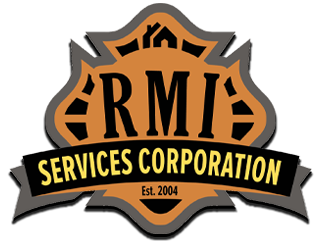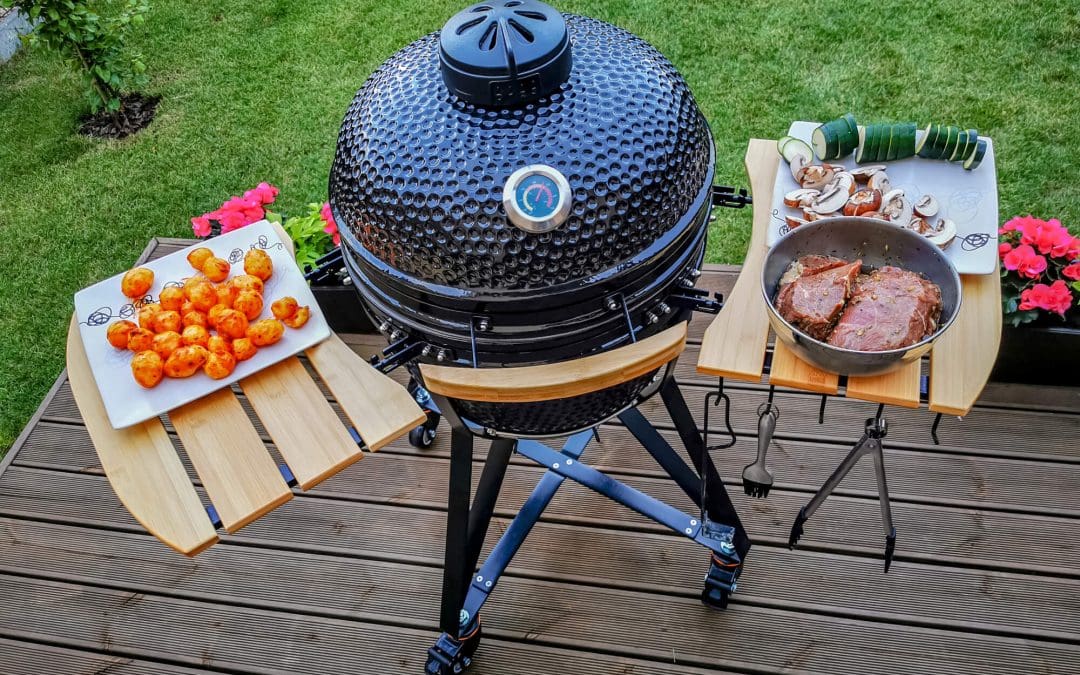Summer is synonymous with BBQ season, and grilling is a beloved pastime for many. However, it’s essential to prioritize safety to ensure a fun and accident-free experience. Whether you’re a seasoned grill master or a novice, these grill safety tips will help you enjoy your time by the grill while keeping everyone safe.
Choosing the Right Location for Grill Safety
The first step to safe grilling is selecting the right location. Always place your grill on a flat, stable surface away from flammable materials such as dry leaves, overhanging branches, or wooden structures. Position the grill at least ten feet away from your home or other buildings. This distance helps prevent accidental fires from spreading.
Preparing Your Grill
Before lighting your grill, inspect it thoroughly. Check for any signs of wear and tear, such as cracks in the gas hose or rust on the grill itself. Clean the grill grates and ensure there are no blockages in the burner tubes. For charcoal grills, remove any ash from previous uses, as it can restrict airflow and cause uneven cooking.
Lighting the Grill
When lighting a gas grill, always open the lid to prevent gas buildup, which could cause an explosion. Turn on the gas supply and light the grill according to the manufacturer’s instructions. If the grill doesn’t light immediately, turn off the gas, wait a few minutes for the gas to dissipate, and try again.
To avoid flare-ups and chemical smells, use a chimney starter instead of lighter fluid for charcoal grills. If you must use lighter fluid, apply it sparingly and never add more fluid once the coals are lit.
Maintaining a Safe Cooking Zone is Critical for Grill Safety
Create a safe cooking zone by keeping children and pets at least three feet from the grill area. Establish a designated area for grilling utensils and hot items, ensuring they are out of reach of curious hands and paws. Keep a spray bottle of water nearby to control minor flare-ups and a fire extinguisher for more serious emergencies.
Monitoring the Grill
Never leave a lit grill unattended. Stay nearby to monitor the cooking process and adjust the heat as needed. Use long-handled tools to turn food and prevent burns. If you need to step away, ask another adult to watch the grill until you return.
Safe Food Handling
Practicing safe food handling is crucial to prevent foodborne illnesses. Keep raw meat separate from cooked foods and use different utensils and plates for each. Store perishable items in a cooler until they are ready to be cooked. Cook meat to the recommended internal temperatures: 145°F for beef, pork, lamb, and veal (steaks, roasts, and chops), 160°F for ground meats, and 165°F for poultry.
Proper Shutdown Procedures
After you’ve finished grilling, follow proper shutdown procedures. For gas grills, turn off the burners and the gas supply. Allow the grill to cool completely before covering it or storing it. For charcoal grills, close the lid and vents to smother the coals. Once the ashes are cool, dispose of them in a metal container.
Regular Maintenance is Part of Grill Safety
Regular maintenance of your grill can prevent accidents and extend its lifespan. Clean the grill grates after each use to remove food particles and grease. Periodically check the gas lines and connections for leaks by applying a soapy water solution and looking for bubbles. Replace any worn or damaged parts as needed.
Be Prepared for Emergencies
Despite all precautions, accidents can still happen. Be prepared by having a fire extinguisher, a first-aid kit, and a phone nearby in case of emergencies. Familiarize yourself with basic first-aid procedures for burns and know how to operate a fire extinguisher.
Grilling is a delightful way to enjoy the outdoors and savor delicious food, but safety should always be a top priority. By following these grill safety tips, you can ensure a fun, safe, and enjoyable BBQ season for yourself and your loved ones.
Grill Safety FAQs
How can I prevent flare-ups while grilling?
To prevent flare-ups, trim excess fat from meats before grilling, avoid using too much oil in marinades, and keep the grill clean of grease and food debris. If a flare-up occurs, move the food to a cooler part of the grill and reduce the heat.
How can I tell if my grill has a gas leak?
Apply a soapy water solution to the gas line and connections to check for gas leaks. Turn on the gas (without lighting the grill) and look for bubbles forming, which indicate a leak. If you find a leak, turn off the gas and repair the connection before using the grill.
What should I do if my grill catches on fire?
If your grill catches on fire, turn off the burners or gas supply if it’s safe to do so. Use a fire extinguisher to put out the flames, or cover the grill with a fire-resistant blanket to smother the fire. If the fire is uncontrollable, call emergency services immediately.
What are some signs that my grill needs to be replaced?
Signs that your grill needs to be replaced include severe rust or corrosion, cracks in the grill body or gas lines, and persistent ignition or heat control issues. If repairs are extensive or costly, investing in a new grill might be more economical.
RMI Inspection Services offers professional home inspection services, including air quality testing and mold removal services, in South Florida. Contact us to request an appointment.

